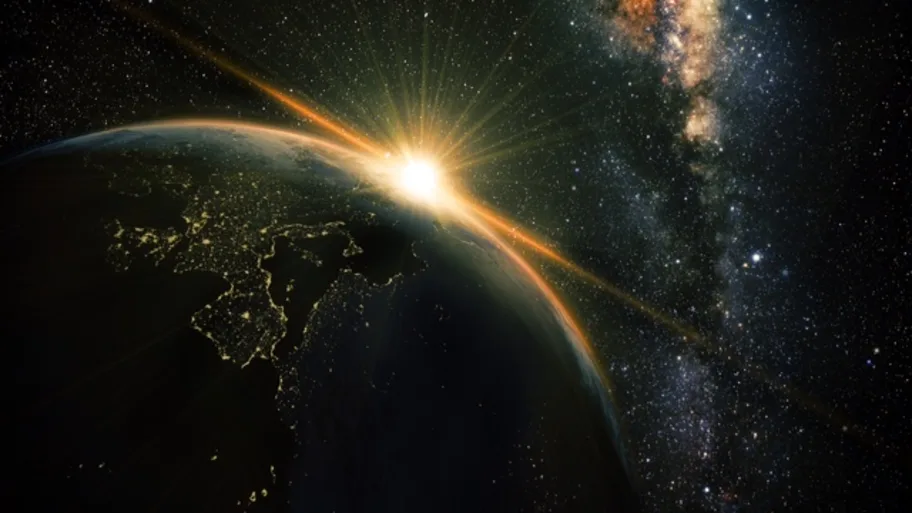
- Science News
- Space sciences and astronomy
- Are we alone? The search for new planets continues
Are we alone? The search for new planets continues
© Shutterstock 2020
Exoplanets, a new specialty section in Frontiers in Astronomy and Space Sciences, is now open for submissions.
Led by Dr Steve B. Howell, a senior research scientist at NASA Ames Research Center, the section will provide a spotlight for research on the discovery, characterization, and understanding of planets orbiting alien suns, as well as the stellar environments they belong to.
A rising scientific field with Nobel Prize recognition
The study of exoplanets started just 25 years ago but its scientific impact has been widely recognized, most notably at the 2019 Nobel Prize Awards.
Exoplanet research aims to address one of the fundamental human questions about the universe – are we alone?
“One can feel small and unimportant when looking up at the vastness of the heavens, or one can feel deeply connected, an integral part of it all,” explains Dr Howell. “I feel both. So my desire, then and now, is to learn and to share that knowledge.”
A platform to solve the grand exoplanet challenges
Exoplanets’ mission is to bring together leading scientists from around the world, providing a platform for them to connect and share ideas and results.
“The exoplanet community is more diverse than any other in astronomy and that makes it incredibly vibrant, powerful, and a fabulous platform of human interest.
“We are hopeful that worldwide participation, new and substantial collaborations, without boundaries, will emerge and the grand exoplanet scientific challenges that lie before us can be solved.”
Follow Frontiers in Astronomy and Space Sciences on Twitter and sign up for our article alerts to be the first to receive new research and updates.
Frontiers journals also consistently rank among the world’s most-cited in their fields and in the top Impact Factor and CiteScore percentiles. Discover more






